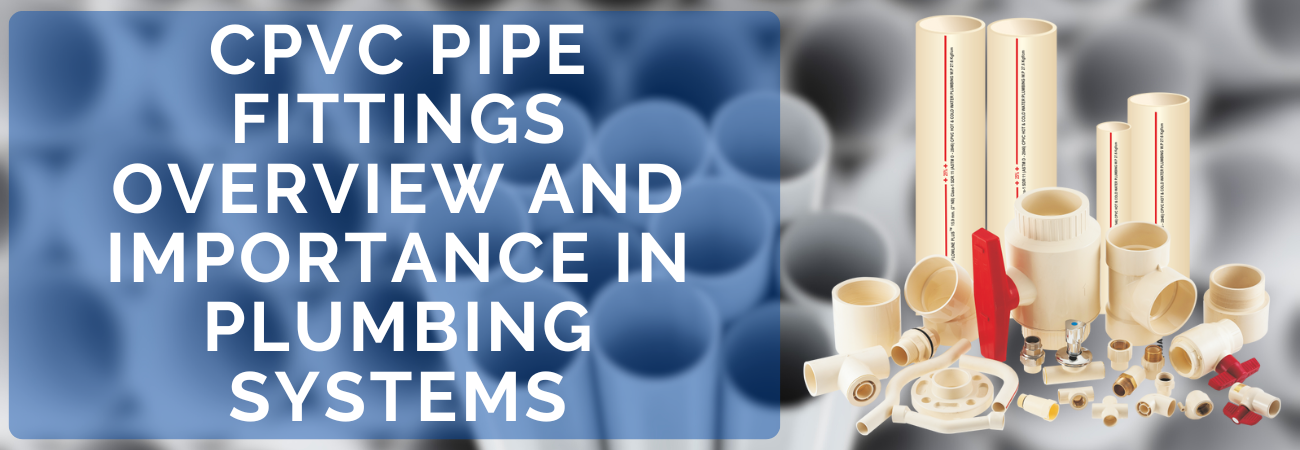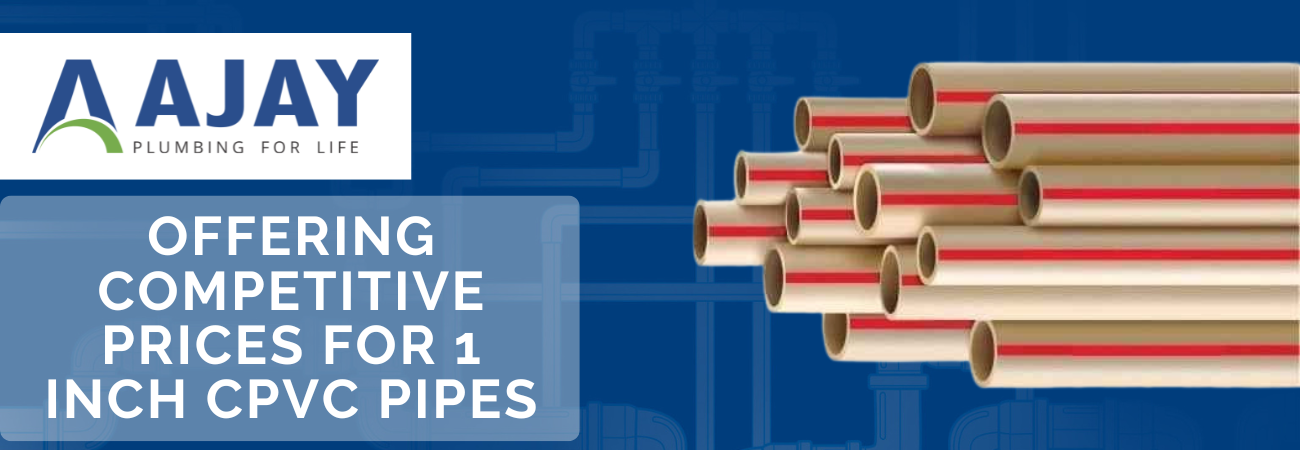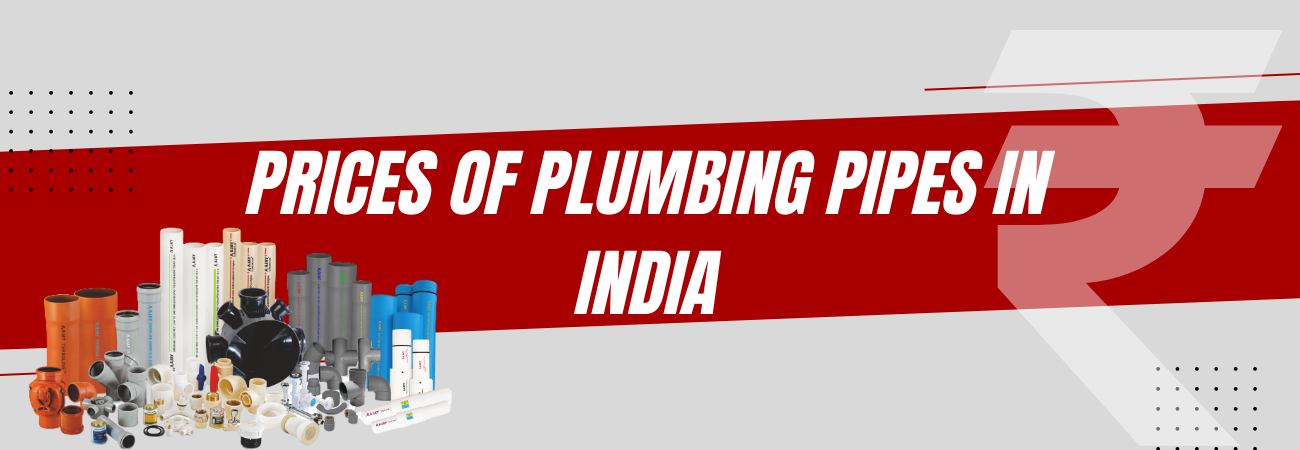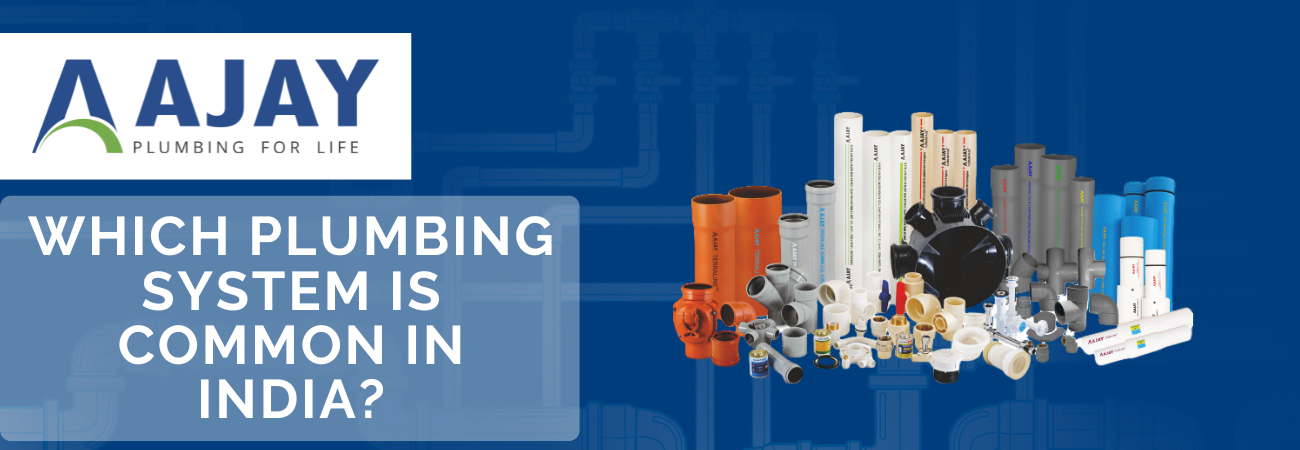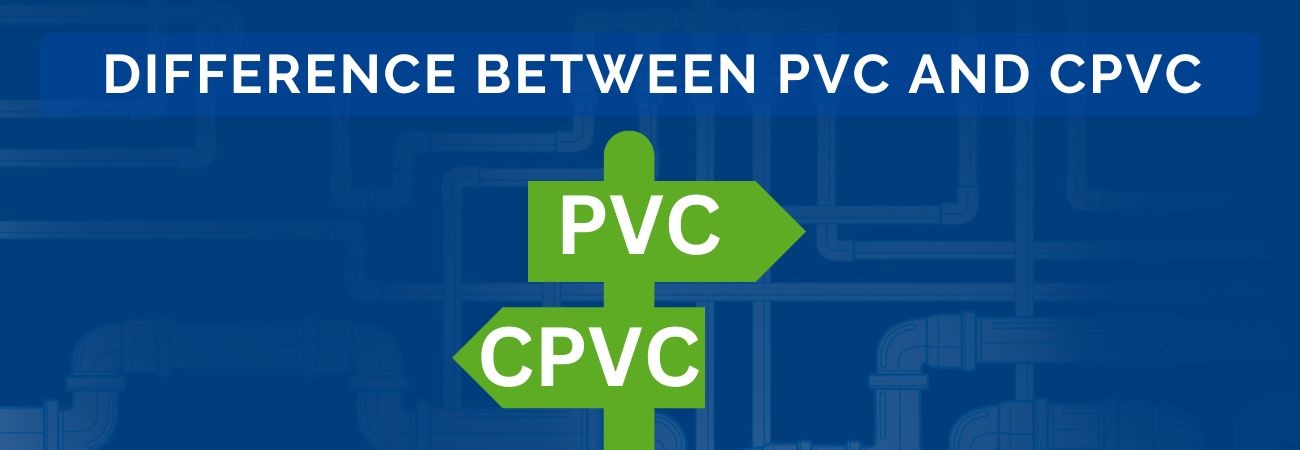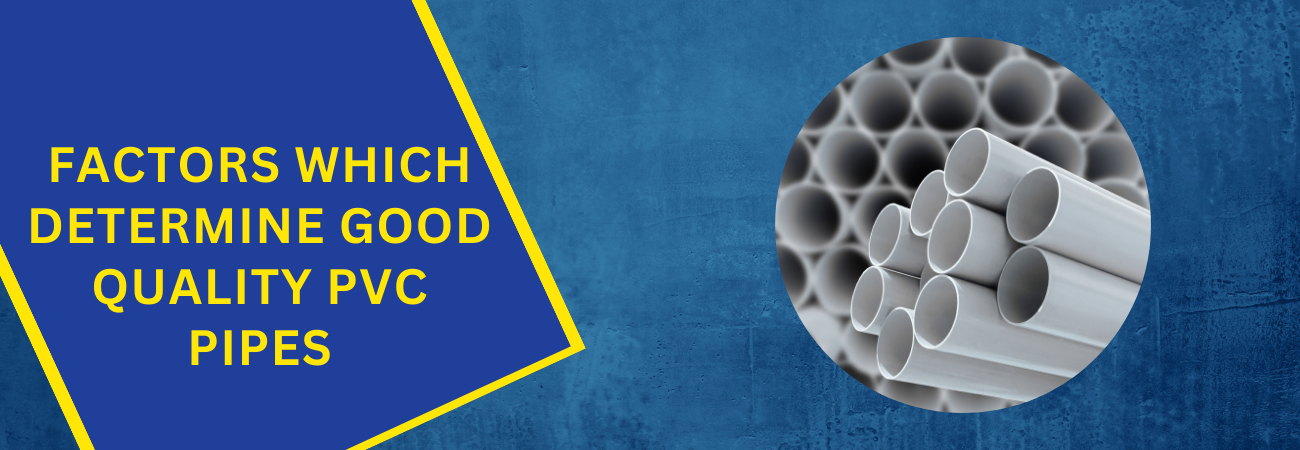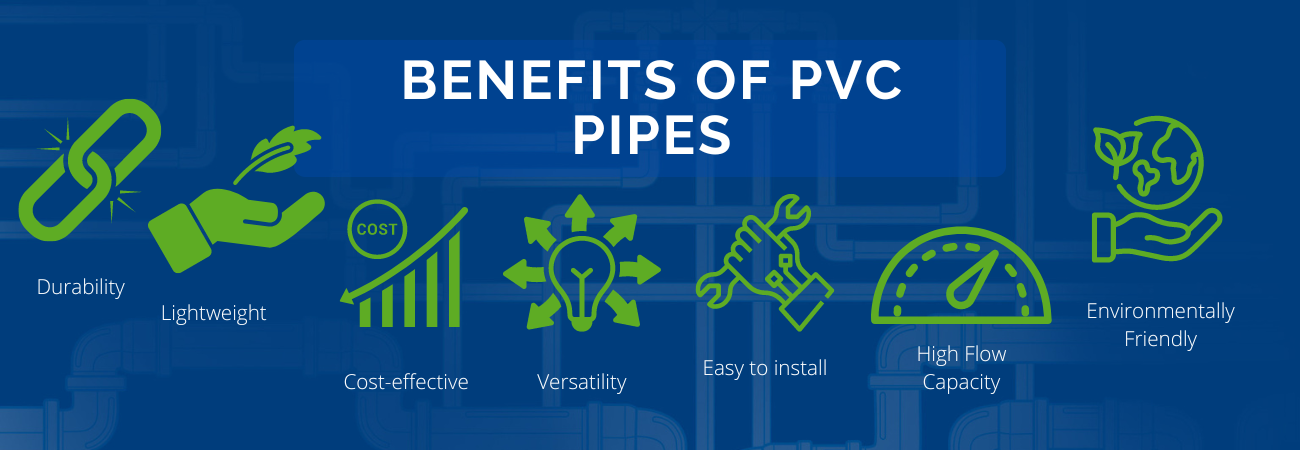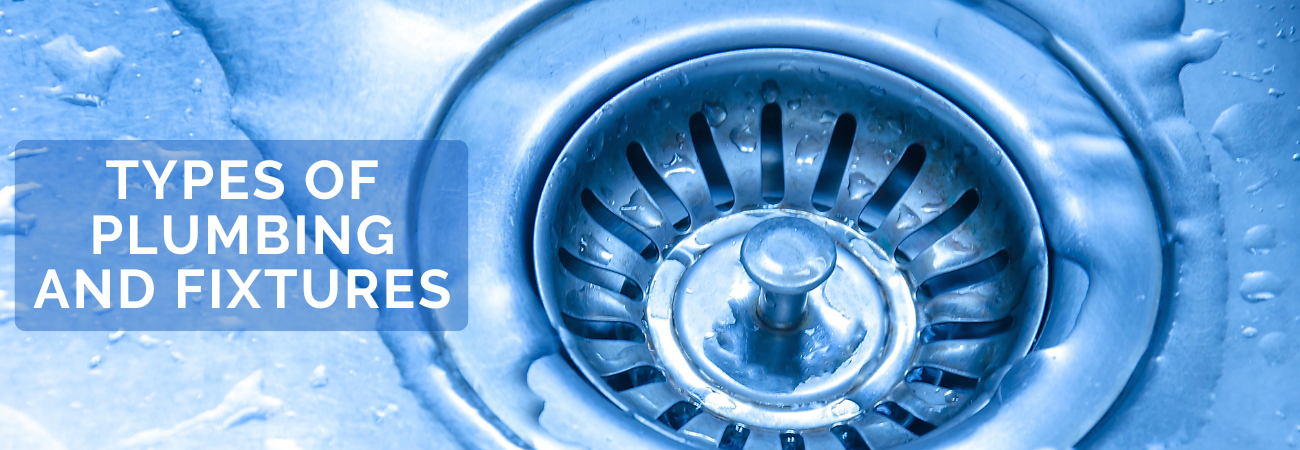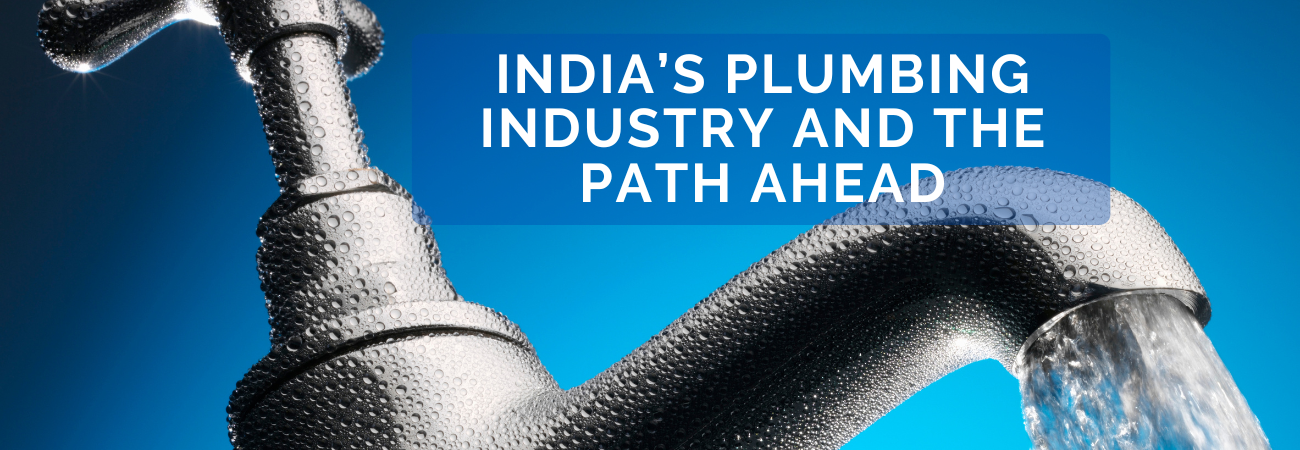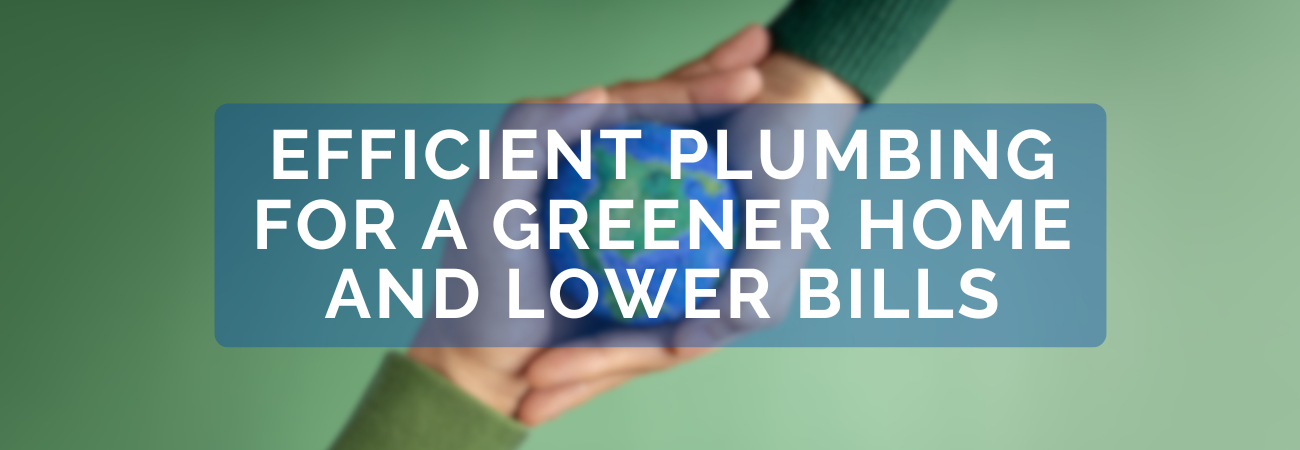Introduction
What is CPVC and UPVC
Before you could understand the difference between CPVC and UPVC know UPVC and CPVC full form. UPVC is Unplasticized Polyvinyl Chloride while CPVC is Chlorinated Polyvinyl Chloride.
CPVC is produced by chlorinating the PVC polymer. CPVC has 67% chlorine. Hence it is suitable for both hot & cold water application. Chlorination makes the CPVC material more strong/rigid, chemical resistant and gives them the ability to withstand high temperatures up to 93deg C.
CPVC pipes are bendable and exhibit fire-retardant properties, which means they can slow down or stop the spread of fire and are used in fire sprinkler systems. Apart from being resistant to chemicals, CPVC is resistant to many acids, alcohols, hydrocarbons, bases, etc.
On the other hand, UPVC and PVC are both the same. UPVC has 57% chlorine hence it is suitable for only below 60deg. C application or cold water application. UPVC pipes are long-lasting, recyclable, and are fire-resistant also.
Applications of PVC pipes
Difference Between CPVC & UPVC or PVC
The primary difference between CPVC and UPVC lies in its resistance to temperatures. While CPVC can withstand upto 93 Deg C temperature which makes it suitable for both hot and cold water, UPVC can withstand only upto 60 Deg C and as such is suitable for cold water applications only.
Fire Retardance
- UPVC LOI (limiting oxygen index) is 45. Hence it is self-extinguishing. Only chars due to fire.
- CPVC has a better LOI than UPVC (i.e. 60) hence it is also self-extinguishing. This gives CPVC much better fire retardant properties and makes it ideal for use in fire-sprinkler application.
Installation
- UPVC plumbing system is very easy to install using UPVC solvent cements. No special tools & hardly any skills required. Most plumbers are already aware.
- CPVC plumbing system is as easy to install as UPVC. It required only CPVC solvent cements and also does not need any special tools & hardly any skills.
Joint Quality
- UPVC joints are very good, strong & homogeneous. Joined with the help of UPVC or PVC Solvent cement and the process called Cold welding process. Since UPVC pipes and fittings are more rigid due to their dimensions, joining UPVC requires a little more care.
- CPVC joints are also very good, strong & homogeneous. It is joined with the help of CPVC Solvent cement and the process called Cold welding process has over 50yrs history. When compared to UPVC, the design of CPVC based on the standard is such that the pipes are relatively more flexible making jointing easier and more fool proof than UPVC.


SIMILARITIES BETWEEN CPVC AND UPVC OR PVC

SPECIAL INSTALLATION REQUIRED
- For UPVC no special installation required. Also available as a do-it-yourself kit.
- For CPVC also no special installation required. This is also available as a do-it-yourself kit.

EFFECTS OF CHLORINE
- Both CPVC and UPVC are unaffected by chlorine which is used to treat potable water in India.

SCALE FORMATION/CALCINATION
- No scaling in case of UPVC due to the highly smooth surface.
- No scaling in case of CPVC due to the highly smooth surface.

FLOW RATE
- Both CPVC and UPVC have Hazen-Williams ’C’ factor of UPVC is 150. Hence Flow rate is very high. Good manufacturers ensure that they meet this requirement.

EFFECT OF UV
- UPVC is UV stabilized.
- CPVC has better UV stability. Hence temperature & pressure bearing capacity is unaffected.

DRINKING WATER SAFE
- UPVC: depending upon the manufacturer, UPVC may or may not be safe for drinking water.
- Even though CPVC standard requires that only non-toxic raw materials be used, again it depends upon the manufacturer whether he manufactures products that are safe for drinking water. NSF certified CPVC pipes and fittings must be preferred.

REPAIRABILITY
- Both UPVC and CPVC are very easy to repair and doesn’t require any special equipment.

RESISTANCE TO CHEMICALS
- UPVC is high resistance to acid and alkalis.
- CPVC also has very high resistance to acid and alkalis. Due to its exceptional chemical resistance properties CPVC is also preferred as material for piping for industrial applications.

SYSTEM SIMPLICITY
- UPVC is suitable for below 60degree C application.
- CPVC is suitable for both hot & cold water applications and also for chemical transmission. It can resist up to 93degree C temperature.
For any queries, contact the plumbing experts at Ajay pipes on the Toll Free No. : 1800-11-4050 or via email at our email address info@ajaypipes.com




